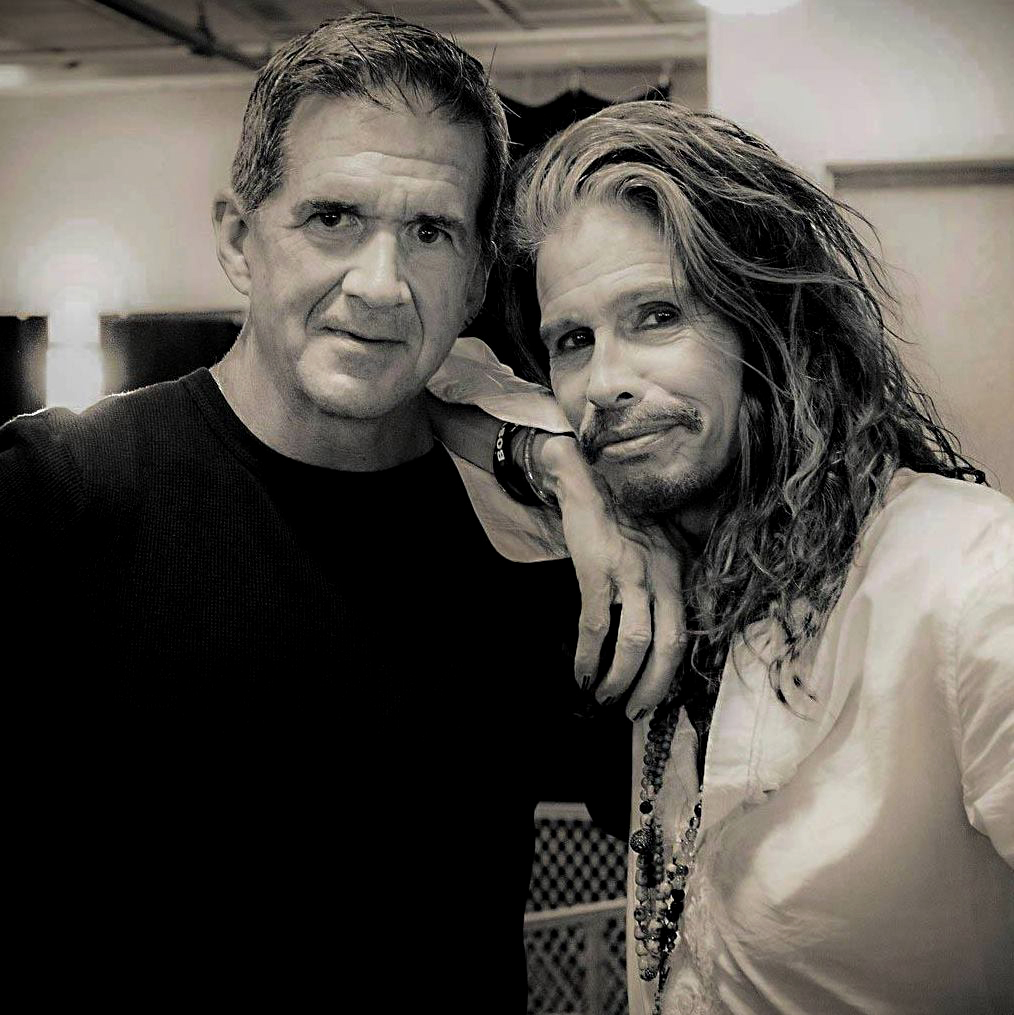We recently connected with Michael Sparks Keegan and have shared our conversation below.
Michael Sparks, thanks for taking the time to share your stories with us today Did you always know you wanted to pursue a creative or artistic career? When did you first know?
I worked in a camera store after class while in college in Boston iduring the early 80s. The store was located in the center of the city. Boston had a thriving music scene and because of our location, and the fact that we developed film on site, many of our customers were in the music business.
While there I met a sax player named Robert Douglas Gay who was playing with the likes of Chaka Kahn and David Bowie along with many others and was also in a local Boston band that was hugely popular.
During one of our conversations I told him that I could take better photos of his band than the ones he had been showing me and he told me to come down to the club that they were playing at that weekend.
I kind of panicked because I really had no idea what i was getting myself into but I knew I wanted to be a part of the scene.
I borrowed a camera and lens from the store bought a pocketful of film and went to the club/bar they were playing at a few days later.
I had not been to a place like this in years and even then I had never thought about what it would be like to have to take photos in such a place. It was small, loud, dark and packed wall to wall with people and my shoes stuck to the floor from all the spilled drinks. Still, there was an energy to the place that you felt even before the band came on. It was truly nothing I had ever experienced before.
The band, New Man, played and were amazing. I shot a few rolls of film and I was not amazing. At all. Nothing I knew about taking photos in daylight prepared me for the light, or lack of it, that I experienced that night coming from the stage.
Needless to say when I developed the images the next day they were junk. I got a few that were passable but I knew that they were the result of dumb luck.
On Monday Robert came into the store and asked how the photos came out and I showed him and confessed that I was way out of my element.
Instead of being disappointed he invited me to their next gig and during the days before the show I studied every book we had and asked questions about what I did wrong form the more experienced photographers who worked at the store.
The next group of photos were better, not great, but better. I kept going back. Different clubs with different challenges and I learned from each of them.
I ended up shooting that band for several years and they opened a lot of doors for me and we are all still friends today.
I will never forget the feeling of that small club and the energy, people and music and knowing in that instant that this is where I belonged.
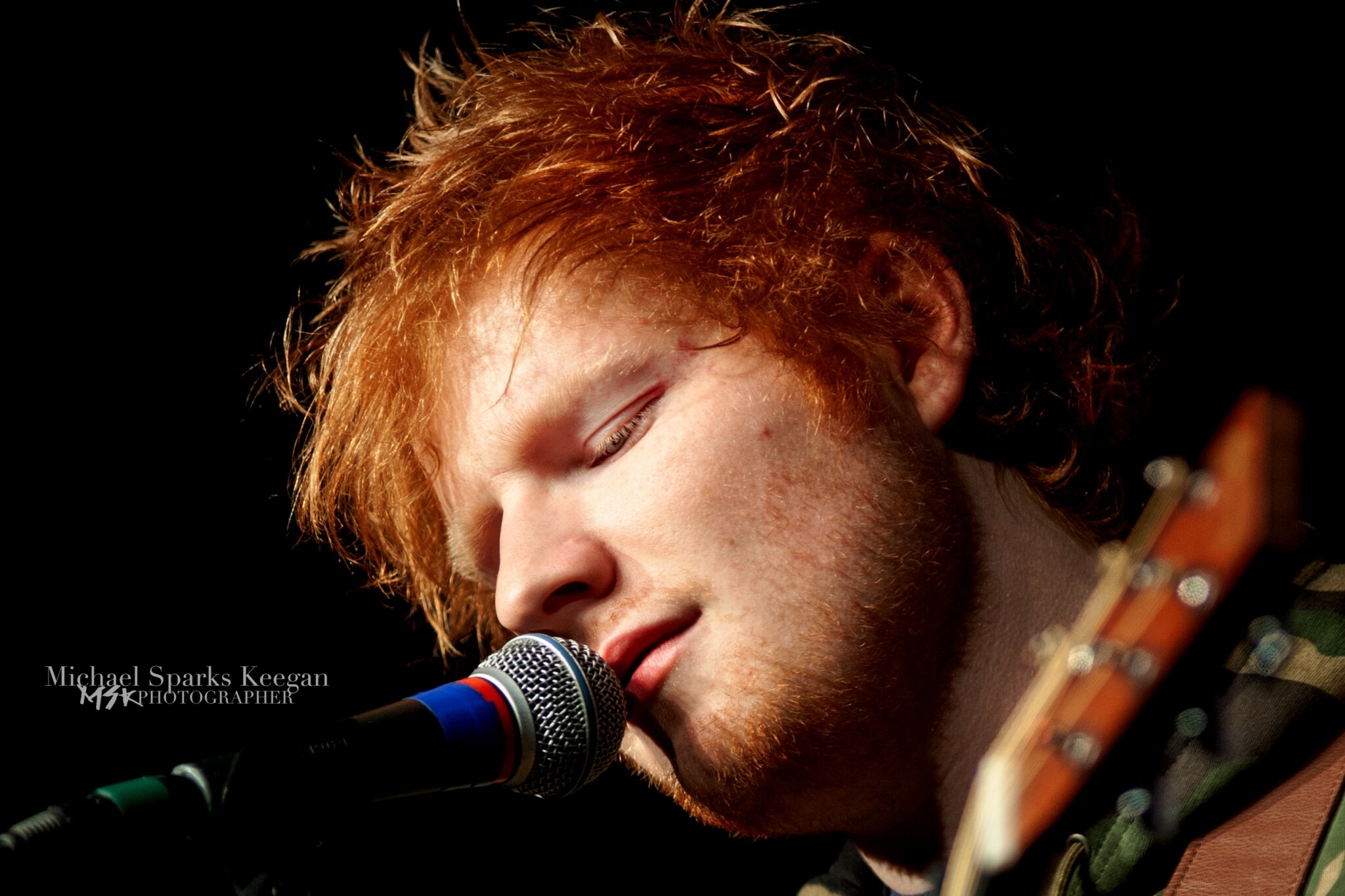
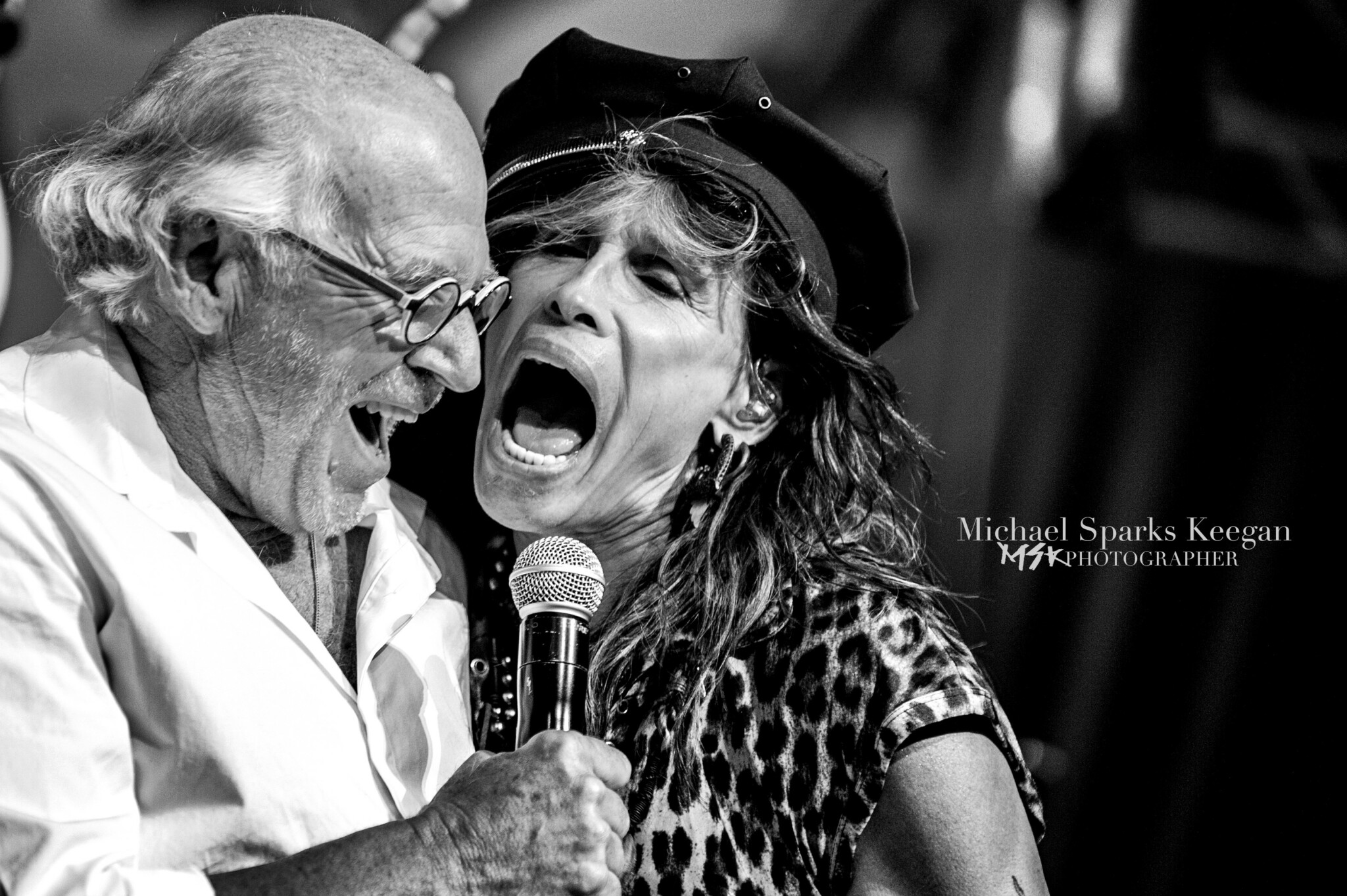
Great, appreciate you sharing that with us. Before we ask you to share more of your insights, can you take a moment to introduce yourself and how you got to where you are today to our readers.
At this point in my career I feel I bring with me a certain degree of experience that many other photographers do not have. Coming from the era of film and transitioning into digital I believe makes me photograph differently. More deliberately.
More thoughtfully. Back in the day you had 36 frames per roll to capture memorable moments so I feel you had to be more aware of what you were shooting. The same for buying film and processing it. that was all money out of your pocket before you saw any return from your money spent. That thought absolutely made me think more about how I worked.
I also have a personal connection with many of the artists that I photograph or they at least know about my as most of my work is from word of mouth. There is a trust there that comes from our mutual experiences while working our way up and we have all paid similar dues along the way.
I know a lot of younger photographers who are very good, better than me even, but they lack a certain respect for the art in some ways, I think. To me its not a job as much as it is a passion.
We offer everything from live performance photographs to on-site portraits to studio work. We try and cover all the bases.
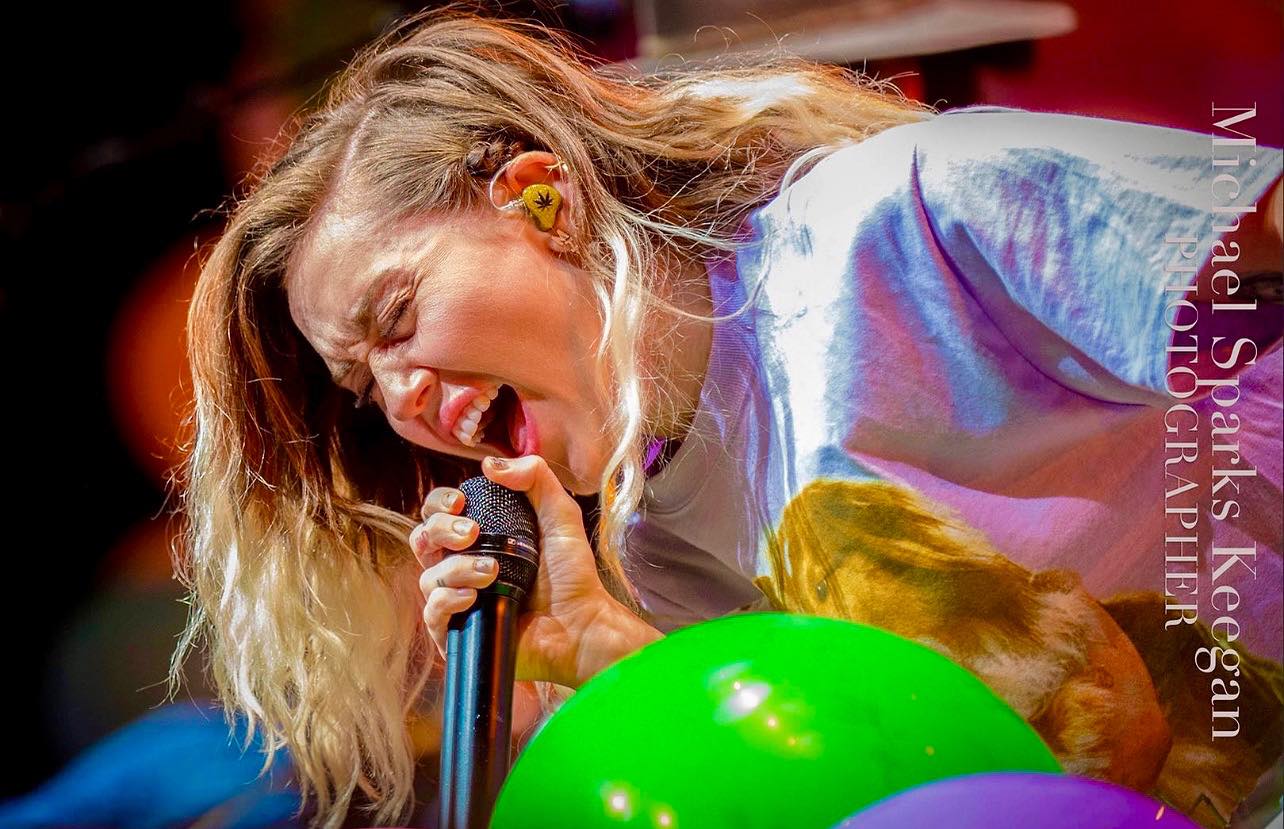
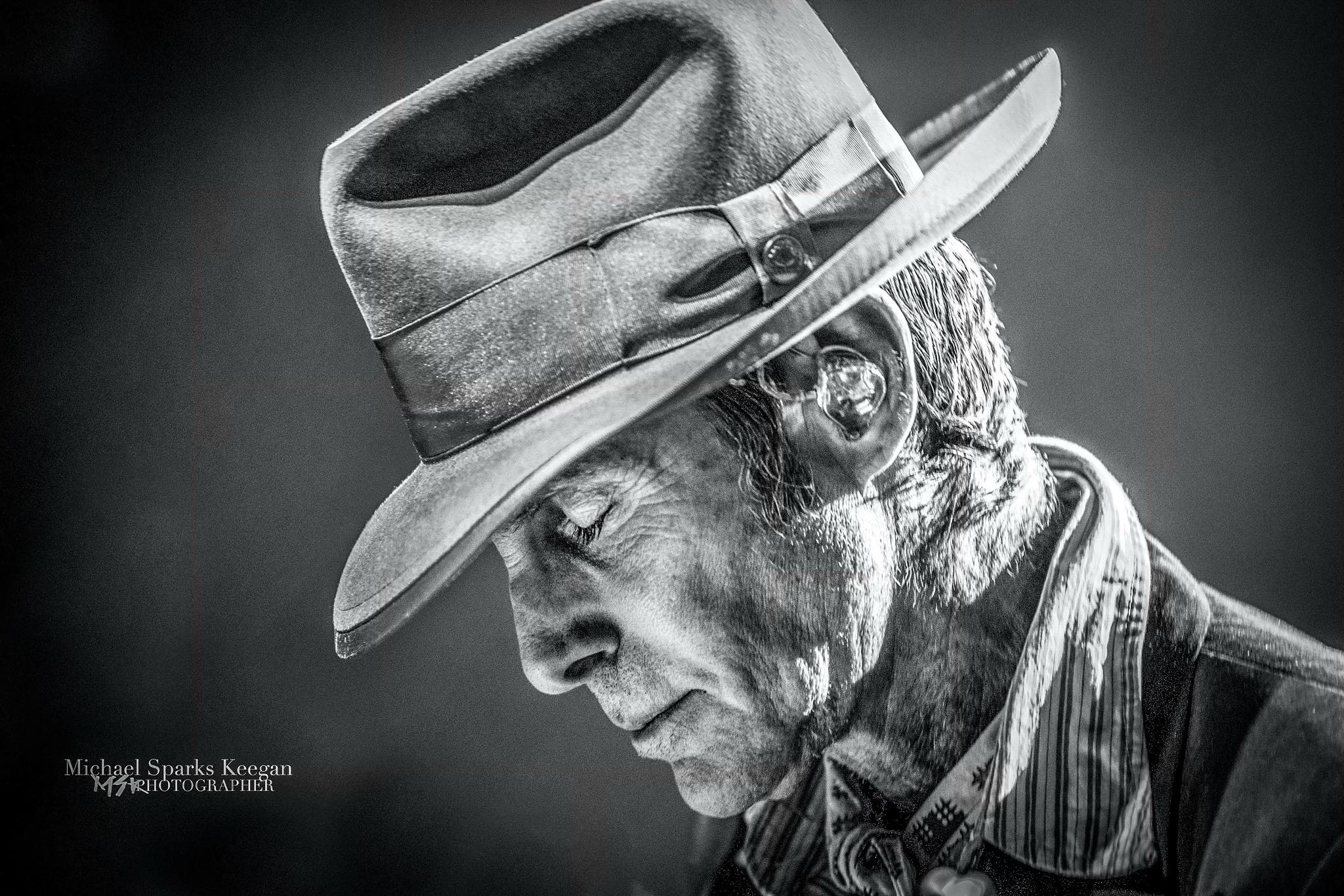
Is there a particular goal or mission driving your creative journey?
My goal right now is to write a book about how I ended up where I am on this unintended journey and the signs along the way that confirmed that I had made the right choice.
My older brother had Muscular Dystrophy and before he passed away when I was 18 he taught me about both photography and music. My love for both come from him.
Since he could not operate a camera because of his disease I would take the pictures that he told me to take on trips to race tracks or other events. When we got home I would go down to a make-shift darkroom in the basement and developed the film while he played the radio or tapes in the kitchen at the top of the stairs since he couldn’t come down.
I would bring the still wet prints up for him to look at and he would make suggestions about the developing process to make the images better while music from various artists played in the background.
Years later, after he died, I started shooting local bands and worked my way up to national/international artists. It occurred to me one day while on stage that I had unintentionally photographed many of the bands and actors and athletes that he and I grew up enjoying together, from Miles Davis, to James Taylor, The Moody Blues, Neil Diamond and Willie Nelson the list kept growing to this day.
Writing the book and telling his story is a driving force behind this whole thing.
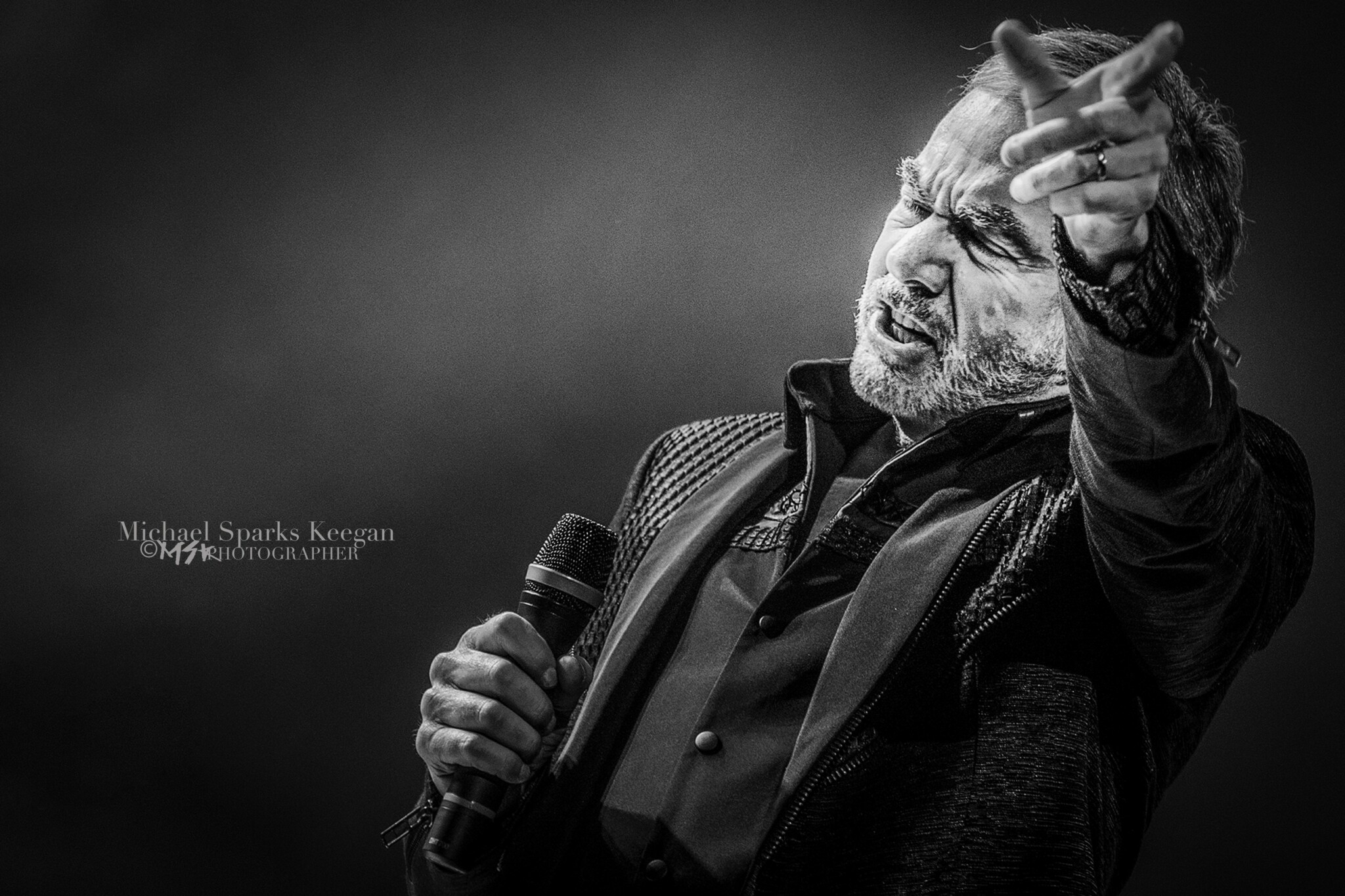
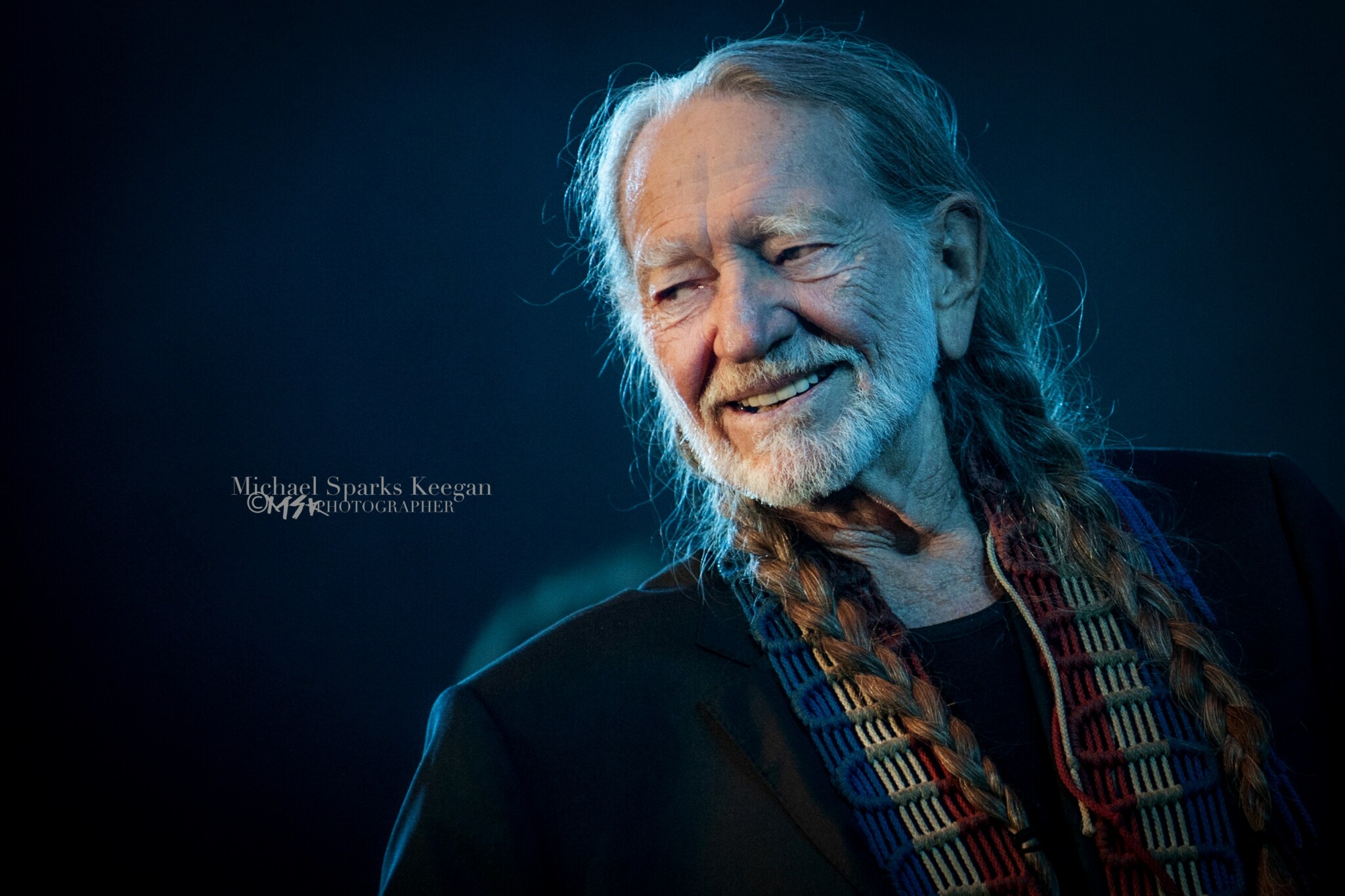
Are there any books, videos, essays or other resources that have significantly impacted your management and entrepreneurial thinking and philosophy?
There is a series on PBS called “Icon: Music Through the Lens” which I find inspiring and educational at the same time. i have probably watched these 6 episodes a dozen times and still learn or remember something each time.
Contact Info:
- Website: https://www.michaelsparkskeegan.com
- Instagram: michael_sparks_keegan
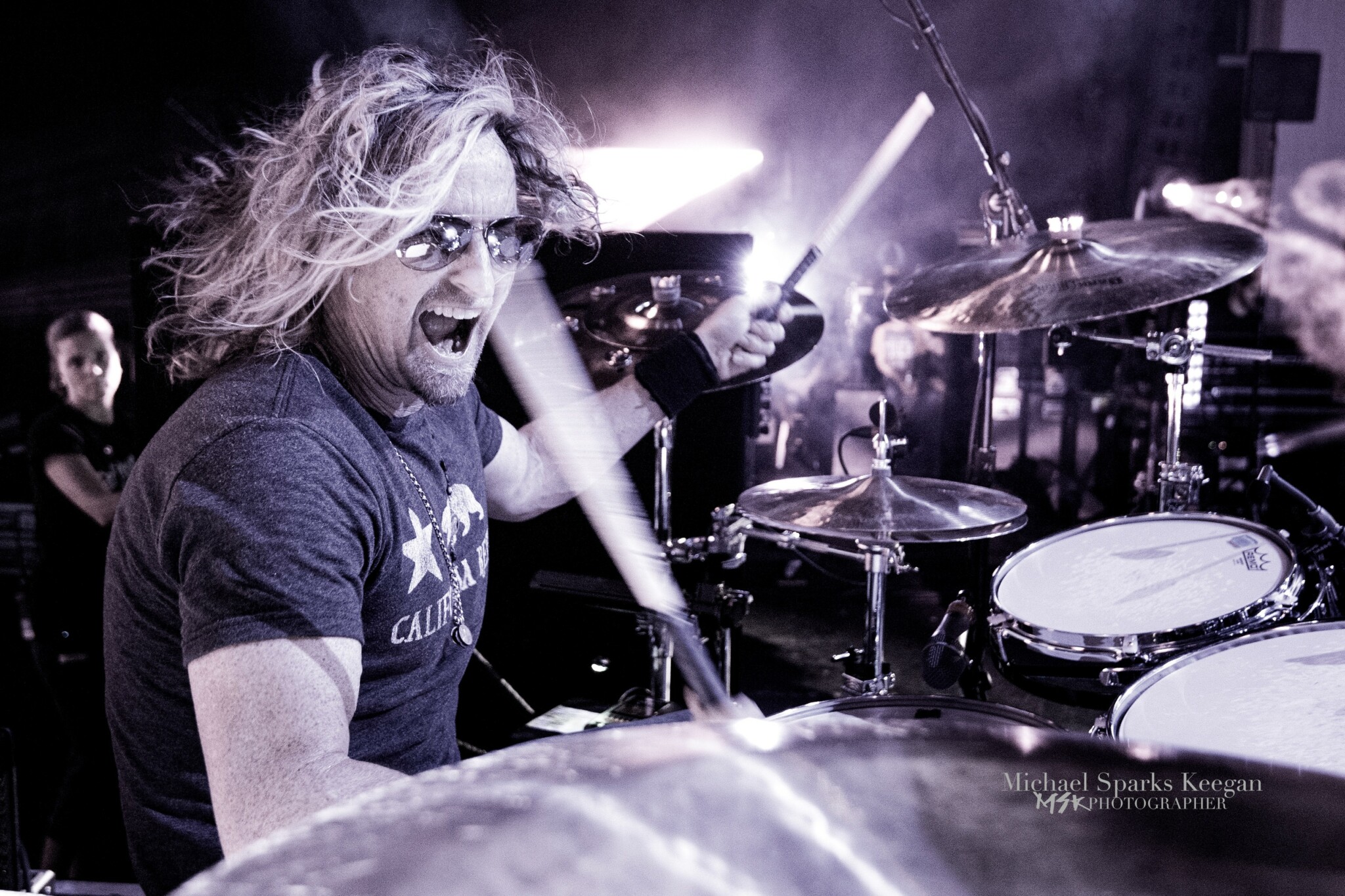
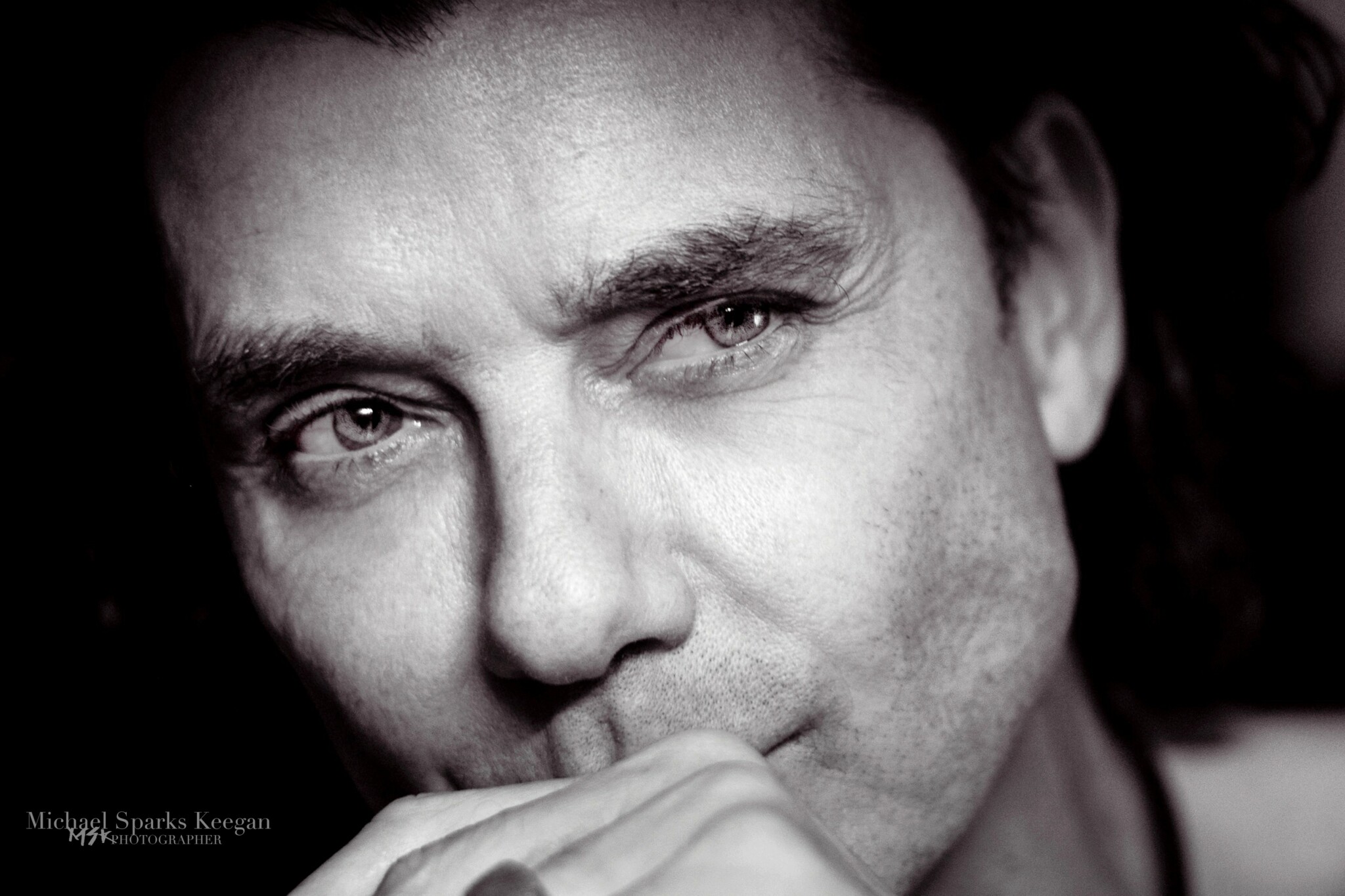
Image Credits
All photos by: Michael Sparks Keegan


